Choosing the Right Software Development Services Partner is crucial for the success of your project. The wrong choice can lead to costly delays, subpar results, and damaged relationships. To help you make an informed decision, here’s a comprehensive checklist of factors to consider.
Table of Contents
1. Expertise and Experience
- Assess the partner’s technical capabilities and industry experience.
- Look for a partner with a proven track record of delivering successful projects similar to yours.
- Evaluate their expertise in specific technologies, platforms, and methodologies relevant to your project.

2. Communication and Collaboration
- Efficient communication plays a pivotal role in fostering a seamless partnership.
- Ensure the partner has excellent communication skills and is responsive to your queries and concerns.
- Assess their ability to collaborate seamlessly with your team, fostering open and transparent communication.

3. Project Management and Methodology
- Inquire about the partner’s project management methodology and processes.
- Look for a partner who follows industry best practices and has a structured approach to project planning, execution, and delivery.
- Evaluate their ability to adapt to your preferred project management style and tools.

4. Cost and Pricing Structure
- Understand the partner’s pricing model and payment terms.
- Request a detailed breakdown of costs, including hourly rates, project fees, and any additional expenses.
- Ensure the pricing structure is transparent and aligns with your budget and project requirements.
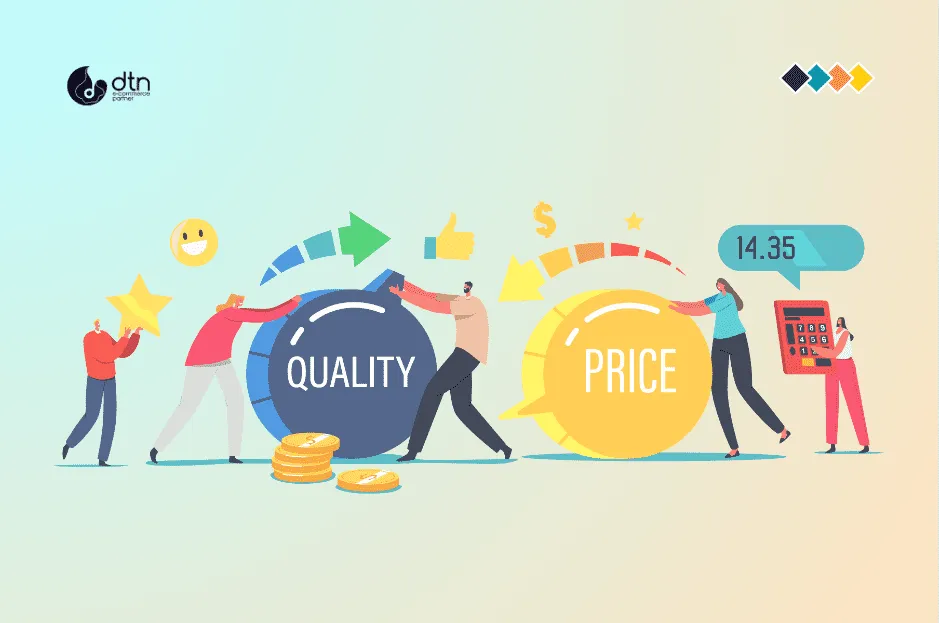
5. Quality Assurance and Testing
- Assess the partner’s quality assurance (QA) and testing capabilities.
- Inquire about their QA processes, tools, and methodologies to ensure they adhere to industry standards.
- Evaluate their ability to conduct thorough testing to deliver high-quality software.

6. Security and Data Protection
- Consider the partner’s security measures and data protection policies.
- Ensure they have robust security protocols in place to safeguard your sensitive data and comply with relevant regulations.
- Assess their ability to protect your intellectual property and maintain data confidentiality.
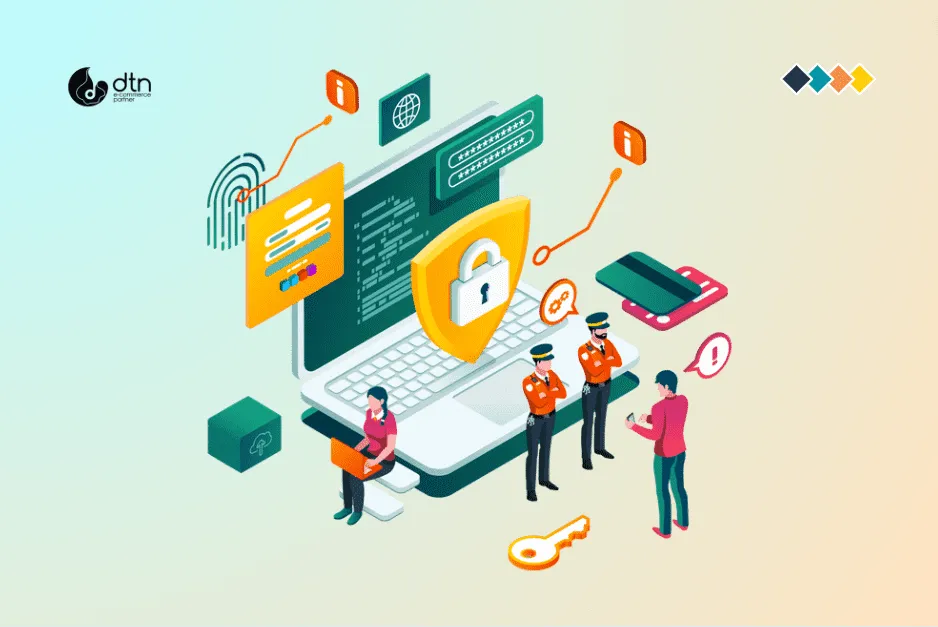
7. Scalability and Flexibility
- Evaluate the partner’s ability to scale their services to meet your changing needs.
- Consider their flexibility in accommodating project scope changes, evolving requirements, and future growth.
- Ensure they have the resources and expertise to handle potential project expansions or modifications.
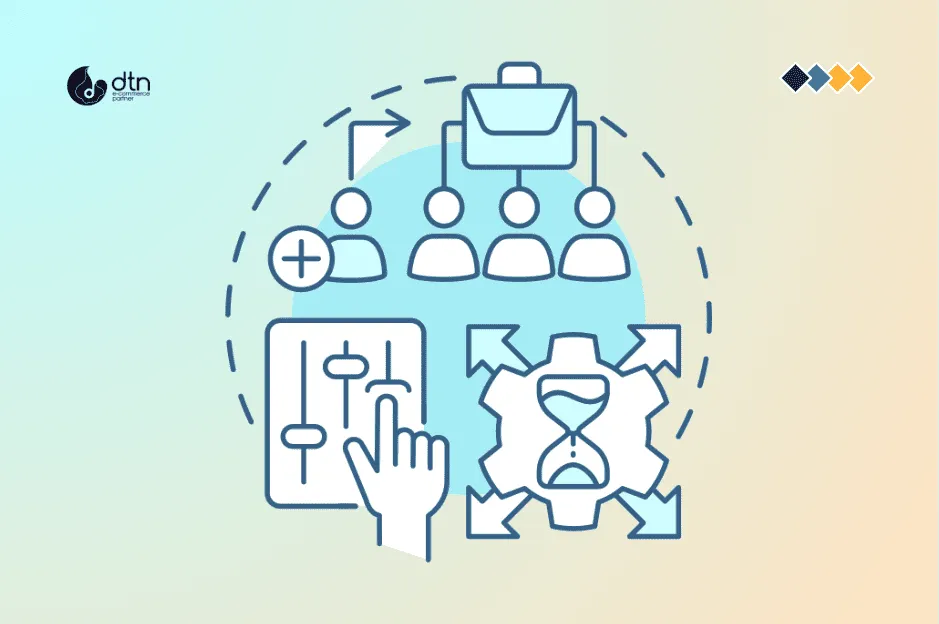
8. Client Testimonials and References
- Request client testimonials, case studies, and references from previous projects.
- Contact the references to gather firsthand insights into the partner’s performance, reliability, and customer satisfaction.
- Read online reviews and ratings to gauge the partner’s reputation in the industry.
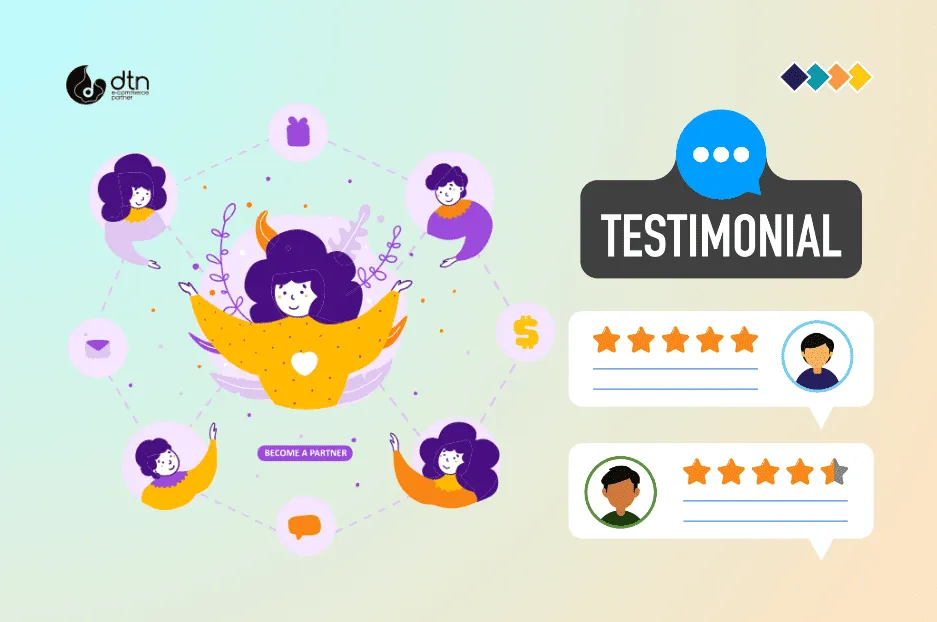
9. Cultural Fit and Values Alignment
- Consider the partner’s company culture and values to ensure alignment with your own organization.
- Assess their work ethic, transparency, and commitment to delivering quality results.
- Look for a partner who shares your vision, goals, and values, fostering a collaborative and productive working relationship.
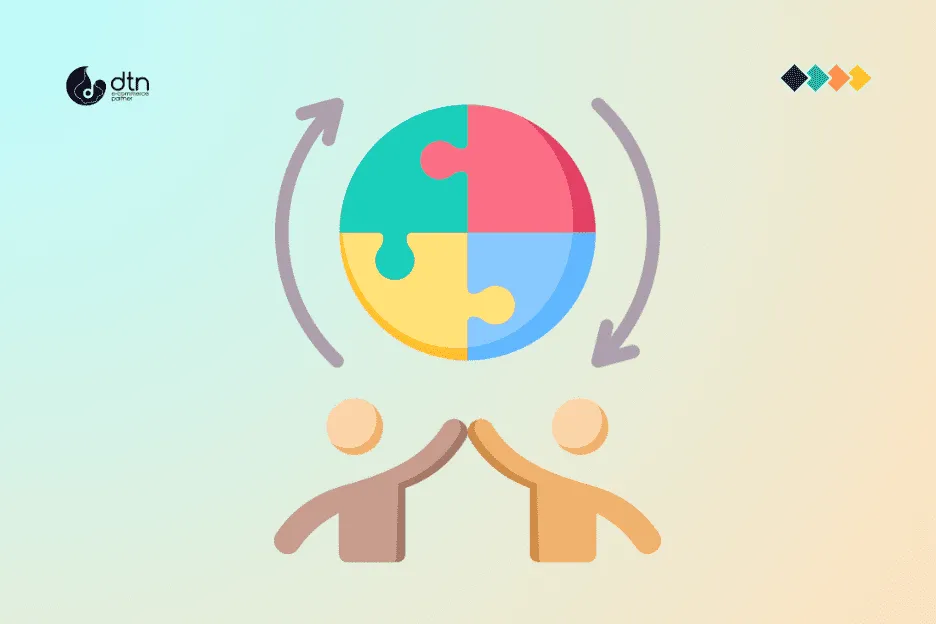
10. Legal and Contractual Considerations
- Review the partner’s terms and conditions, service level agreements (SLAs), and intellectual property (IP) ownership rights.
- Ensure the contract clearly defines roles, responsibilities, timelines, and payment terms.
- Consult with legal counsel to ensure the contract aligns with your business interests and legal requirements.
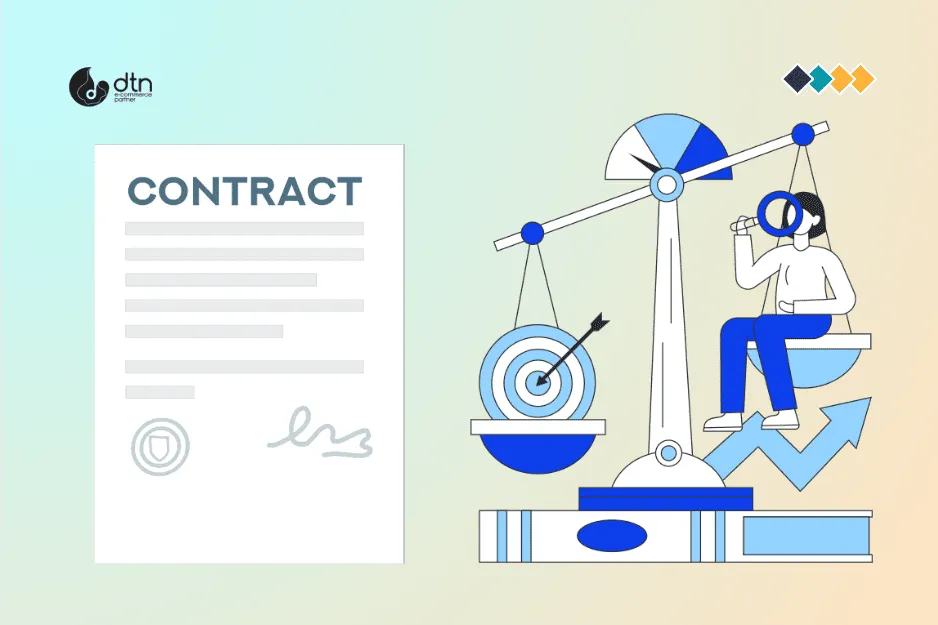
By thoroughly evaluating each factor on this checklist, you can make an informed decision and choose the right software development services partner who aligns with your project goals, technical requirements, and business values. This strategic partnership will pave the way for successful software development, innovation, and long-term growth.
Frequently Asked Questions
We’ve compiled a list of answers to common questions.
Expertise and experience are critical because they directly impact the quality and success of your project. A partner with relevant industry experience and technical capabilities is better equipped to understand your requirements, anticipate challenges, and deliver high-quality solutions. Their track record of successful projects demonstrates their ability to tackle similar challenges effectively, providing you with confidence in their capabilities.
Effective communication and collaboration are essential for ensuring alignment between your expectations and the partner’s deliverables throughout the project lifecycle. Clear and open communication fosters transparency, minimizes misunderstandings, and allows for timely resolution of issues or changes. A partner who actively engages with your team, listens to feedback, and responds promptly to queries or concerns can adapt quickly to evolving requirements, leading to a smoother and more productive partnership.
Project management methodology influences how projects are planned, executed, and delivered, significantly impacting their success. A partner with a structured and proven project management approach adheres to industry best practices, maintains project timelines, and manages resources efficiently. Their methodology should align with your preferences and project requirements, ensuring clarity, accountability, and effective collaboration throughout the development process.
A transparent pricing structure provides clarity and predictability regarding project costs, enabling you to make informed decisions based on your budget and financial constraints. Understanding the partner’s pricing model, including hourly rates, project fees, and any additional expenses, helps you assess the overall cost-effectiveness of their services. It also facilitates budget planning and reduces the risk of unexpected costs or budget overruns during the project.
Cultural fit and values alignment are crucial for fostering a collaborative and productive working relationship between your organization and the software development partner. Shared values, work ethic, and commitment to quality create a conducive environment for mutual understanding, trust, and respect. A partner who aligns with your organization’s culture and values is more likely to prioritize your project’s success, communicate effectively, and proactively address challenges, leading to a positive and harmonious partnership.



